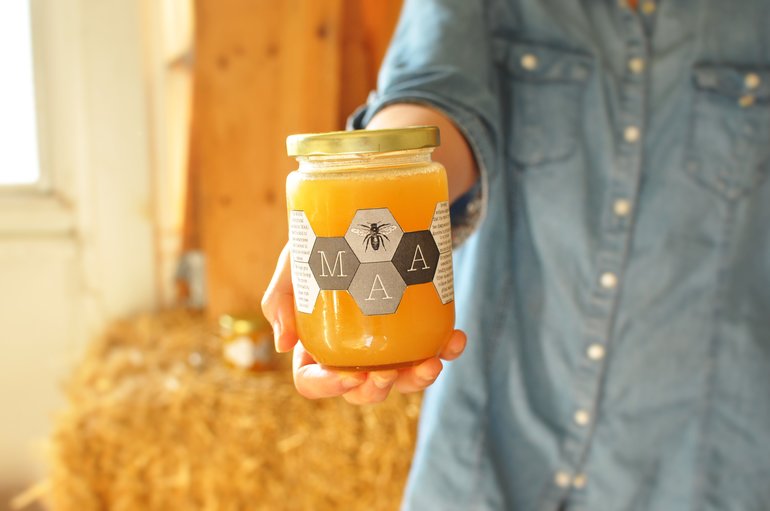Honey is one of the world’s greatest treasures. With tons of health benefits and endless varieties, it’s good enough to use as your preferred sweetener and makes granulated sugar the unfortunate side hoe. This golden nectar is even better when bought locally, and people commonly use it in hopes to reduce their seasonal allergies.
The idea is, since the honey is made from local pollen, consuming it will help alleviate symptoms by building immunity – almost like a vaccine. By basically exposing yourself to the very thing that triggers your allergies, you’ll be less sensitive and more tolerant of them.
Sadly, there are no significant findings that make this claim true. Studies have been done, but they show that having local honey doesn’t have much of an effect on seasonal allergy symptoms. In fact, it has pretty much the same impact as eating commercial honey.

Photo by Nadia Alayoubi
Bees actually make honey primarily from nectar, with the pollen being an accidental supplement carried along by their legs. This incidental amount, while able to pollinate flowers, doesn’t add anything much in terms of health benefits. It looks like it just contributes to a gritty texture after all.
But what’s more interesting is that the pollen found in honey, though minimal, isn’t the same kind of honey that causes you to go into sneezing fits. Bees rely on flowering plants for honey production, which produce pollen that’s far too large to make us irritated. Rather, we’re affected by wind-pollinated plants, including maple, oak, grasses, and weeds. As the wind blows, these tiny specs find their way in our nasal passages and unleash an allergy fury. Don’t underestimate the power of tiny pollen.

GIF courtesy of giphy.com
In the grand scheme of things, you shouldn’t stop buying local honey. While pricier, you’re paying for quality that you just can’t find in those cute, bear-shaped bottles from a regular grocery store. Just remember: no matter how gritty your honey is from the pollen, it won’t help out your allergies.


